Elevate Your Tech Career with Personal Branding: Highlights from The Well Group's Training at the Tech Talent Summit
The tech industry is more competitive than ever, and standing out means more than just technical skills—it requires a compelling personal brand. At Miami Tech Works’ Tech Talent Summit, The Well Group’s CEO, Johnathan Williams, led an interactive workshop, “Building Your Personal Brand in Tech,” designed to empower attendees with the tools to differentiate themselves in the field. Also, our Managing Partner, Dr. William Epps, led an informative workshop on “Tech Industry Trends and How to Stay Ahead”.
FAQs
How do I translate these skills and confidence to an interview?
In the tech industry, your network and commitment to growth are as valuable as your skills. Share examples of how networking has influenced your career (e.g., finding mentors, staying updated with trends) and express your dedication to ongoing learning. Interviews are an opportunity to bring your personal brand to life with authenticity. Approach each question confidently, focusing on what truly sets you apart. Use the STAR method (Situation, Task, Action, Result) to structure answers, making sure to emphasize your unique approach and authentic experiences.
If I don’t have much experience, how do I develop a brand?
If you’re just starting out and don’t have much experience, you can still build a compelling personal brand by focusing on your potential, passion, and proactive learning. Highlight the skills you’re building and showcase any relevant projects, even if they’re from school, online courses, personal projects, or volunteer work. Your interests and passion are important parts of your brand. Don’t shy away from sharing the fact that you’re new to the field. Being transparent about where you are in your journey can actually make your brand stronger. Showcasing your willingness to learn and overcome challenges as a beginner can be very appealing.
What are the benefits of white papers?
White papers are written in the language of the industry, meaning they’ll expose you to the jargon, terms, and technical concepts that are commonly used. This can be really helpful as you start to learn and build confidence in the field, making it easier to understand other professional content like webinars, research articles, and conversations with experienced professionals. White papers often discuss cutting-edge trends, technologies, and practices, which can give you a sense of where the industry is heading. This is especially useful if you’re trying to find your niche within a field. By reading about current trends, you can get a feel for what areas might be in demand, what skills are valuable, and which aspects of the field excite you most.
Why Authenticity Matters in Personal Branding
Authenticity is the cornerstone of a powerful personal brand. In the tech industry, where trust and credibility are highly valued, being genuine about your skills, experiences, and values helps build lasting connections and a positive reputation. When you present yourself authentically, it resonates with others, making you more approachable and relatable. Authenticity in branding means aligning your online presence—such as LinkedIn profiles, portfolios, and social media—with your true professional identity and aspirations. Instead of attempting to fit into an idealized mold, showcasing your unique journey, strengths, and even challenges can set you apart in a way that feels honest and trustworthy. Ultimately, an authentic personal brand not only helps you attract opportunities that align with your goals but also fosters meaningful relationships and a more fulfilling career. Don’t forget to always be true to yourself. There are over 7 billion people in the world, but your story is what’s going to separate this one from the rest. Be clear, be confident and don’t overthink it. The beauty of your story is that it’s going to continue to evolve and your career in tech can evolve with it.
Building a Strong Portfolio and Networking for Growth
A solid portfolio is another critical element of personal branding. It should showcase a range of projects that highlight your technical skills, from work projects to freelance and open-source contributions. Visual presentation is crucial here—using tools like GitHub and online portfolios can help you effectively communicate your capabilities. Alongside a portfolio, networking is an essential strategy for career growth. Leverage platforms like LinkedIn, GitHub, and Stack Overflow to connect with peers, mentors, and industry leaders. Actively participate in relevant online communities, attend webinars, and contribute to forums to build relationships in tech. Networking not only opens doors to opportunities but also keeps you informed of industry trends, helping you stay competitive and proactive in your career development.
Importance of Personal Branding and Optimizing Your LinkedIn Profile
In today’s competitive tech landscape, building a personal brand is essential for standing out. Your personal brand communicates your unique strengths, skills, and values, helping potential employers, colleagues, and connections understand what sets you apart. A strong brand fosters credibility, attracts opportunities, and strengthens your professional reputation in the industry. Key to this is optimizing your LinkedIn profile: creating a clear headline, crafting a compelling summary, and highlighting relevant work experiences and skills. Building endorsements and recommendations adds further credibility and shows that others in the field recognize your expertise. Actively engaging on LinkedIn by sharing content and joining discussions can also enhance visibility and showcase your commitment to staying updated in the field.
If you attended, what were your thoughts about our trainings? Please, don’t hesitate to leave us comments!

